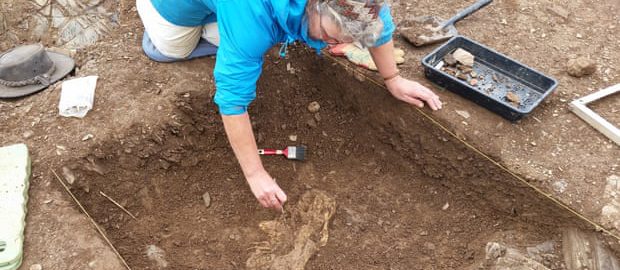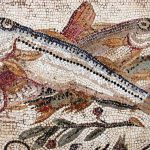In Ipplepen, in the county of Devon (south-western England), scientists discovered the remains of a slaughterhouse that dates back to the 4th century CE.
It is suspected that a whole team of craftsmen specializing in the processing of meat and animal bodies worked there. Later they traded with those products in the region.
Cattle heads or hooves have survived to our times, and researchers clearly say that animals were killed at their best age, thus offering great quality meat. Remains of deer antlers prove that skeleton was probably used to create needles, combs and hairpins.
There were also traces of the blacksmith’s forge, and heavy stone on the site suggests that the local community also produced materials, including animal skins.
Interestingly, previous excavations in the city of Ipplepen revealed Roman coins, a fragment of the road or ceramics. Wine, olive oil and garum (fish sauce) were transported from vessels in present-day France and the Mediterranean.
Another finding proves that this area was strongly influenced by Roman culture, and thus the claim that the Romans did not reach further than Exeter (30 km north-east of Ipplepen) was disputed.
Excavations are still being carried out in Ipplepen, and 40 volunteers have been helping this year.







